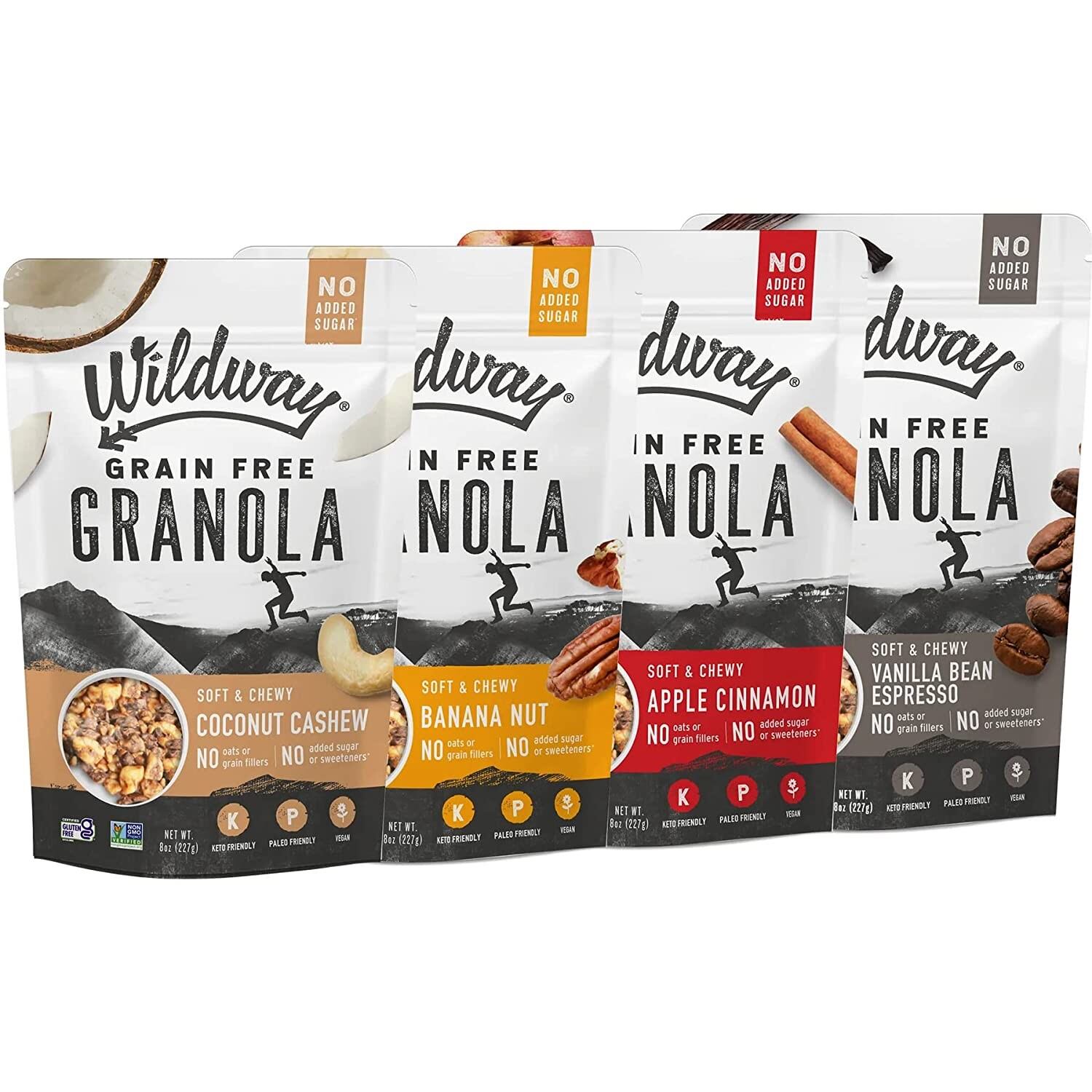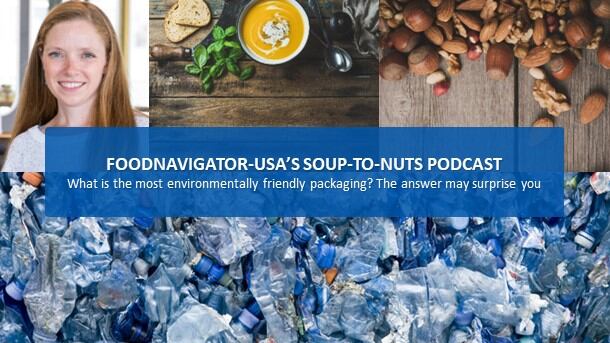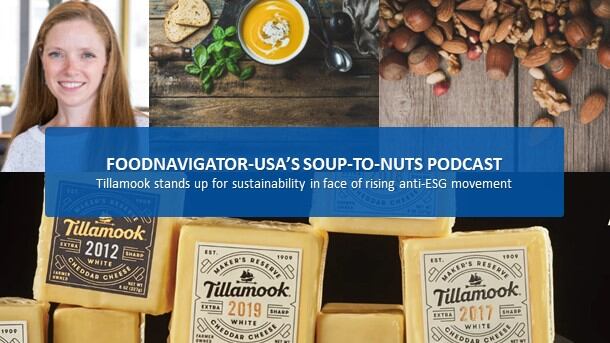Given that granola comes with a general health halo as a snack food fortified with protein, fiber and healthy fats, Wildway demonstrates its commitment to both nutritious products and sustainable practices—giving insight to how food and beverage brands can refine ingredient sourcing, packaging quality and energy efficiency.
Sourcing biodiverse ingredients through organic and regenerative practices
Wildway’s ingredients include freeze-dried fruits, seeds, nuts and natural flavors like vanilla and organic cacao powder, among others, and avoids using the “six monoculture crops (sugar, corn, rice, wheat, potatoes and soy) that represent more than half of all global agricultural output,” Kyle Koehler, CEO, explained to FoodNavigator-USA.
A significant part of the company’s ESG initiatives include sourcing biodiverse ingredients and prioritizing organic and regenerative practices by developing relationships directly with farmers, growers and co-ops. By focusing on perennial and high carbon capture crops, Koehler intends to focus on plants that exhibit net positive carbon and environmental impacts.
This includes partnering with the Regenerative Organic Alliance to “ensure accountability and traceability of all regenerative items back to the source,” he explained.
Establishing accountability for carbon and plastic neutral strategies
While Koehler did not provide sales insights, he elucidated on the brand’s carbon and plastic neutral initiatives using third-party certification bodies.
Through Climate Neutral Certified, Wildway measures its supply chain and manufacturing operations-generated emissions, which are then offset by “supporting carbon capture projects” in areas where its supply chains are located.
In 2020, the company committed to using post-consumer-recycled plastic film from old milk jugs and removed all new plastic from its packaging. In collaboration with Repurpose Global through the Plastic Neutral Certification program, Wildway “recovers low-value plastic waste in Goa, India” where global plastic waste has significantly impacted the environment.
In 2020, the company transitioned to using compostable, bio-based packaging for its e-commerce shippers and mailers and intends to implement its packaging to fully bio-based compostable materials by 2024.
Additionally, according to the company, Wildway:
- Gave 12,800 feet of plastic a second life (about 585,000 empty water bottles)
- Removed 25,750 pounds of plastic from landfills
- Offset 135,225 pounds of CO2 (about 80,712 trees saved)
- Pledged thousands of dollars to local parks
“Sustainability is not enough,” Koehler opined. “We must create equitable, resilient and regenerative supply chains and business practices in order to continue to raise the bar higher and higher.”
ESG claims have a strong correlation with higher sales
While sustainability initiatives are critical for environmental wellbeing, the challenge remains on how to bridge the intention-behavior gap for consumers as the term “sustainable” is layered and involves multiple operational and sourcing strategies.
For example, while more than 60% of consumers reported in a 2020 McKinsey survey that they would pay more for a product with sustainable packaging, CPG executives reported the challenge of a demand for ESG-forward products.
Yet, another study in the same report conducted by McKinsey and Nielsen investigated these claims further by studying consumer spending behavior. The study found a strong correlation between ESG claims and sales: “Products making ESG products turns out to be not just a moral imperative but also a solid business decision.”
Statistically, ESG products “averaged 28% cumulative growth over the past five-year period, versus 20% for products that made no such claims,” the report cited.
As retailers are also implementing internal sustainable programs, including ESG-forward brands are an opportunity to raise awareness of critical issues surrounding the environment. Koehler explained that Wildway’s retail partners “understand the additional value we are adding to their set for consumers.”
We're seeing this intersection of human health and climate health really take off, and retailers want to be on the front edge of that as well,” he added added.




